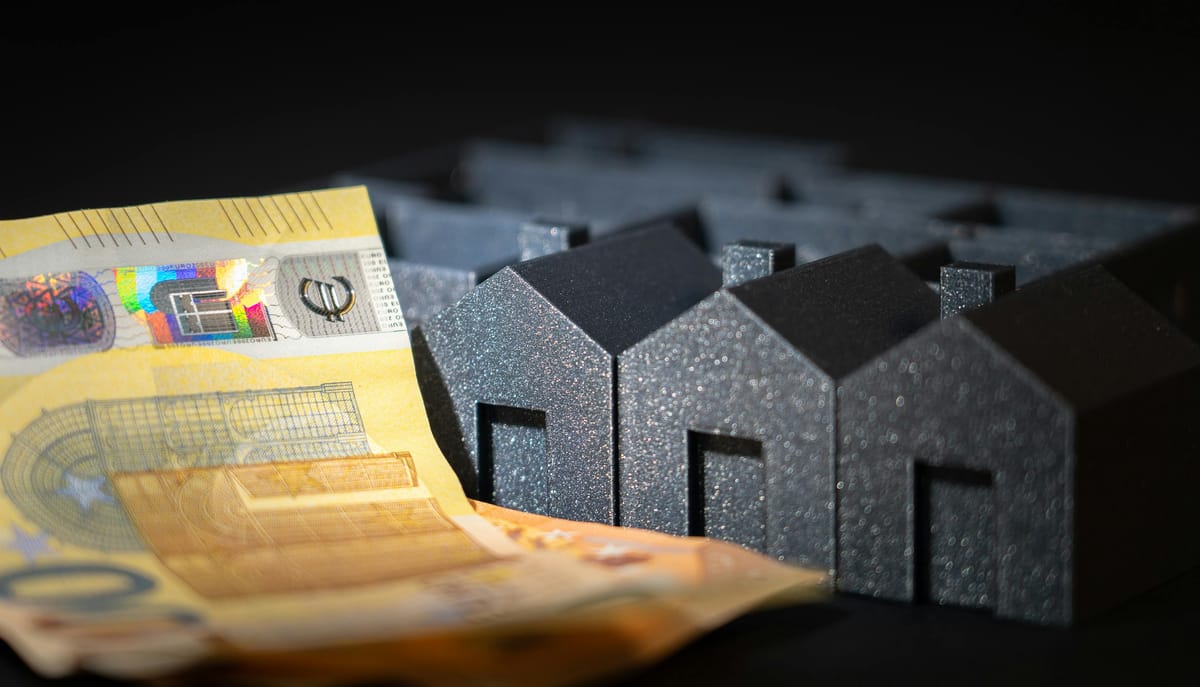Brush up on the extra costs that come with buying in Spain
Make sure you're aware of the extra property-buying costs that you will need to account for in Spain. Otherwise, you might be hit by some nasty financial surprises that dent your buying budget.

If you thought the extra costs associated with buying a property in the UK are high, you might be shocked to hear they’re relatively low by international standards – including Spain. There are many cautionary tales of people in your position who, unaware of the extra costs awaiting them, saw their dream home disappear out of reach. Don’t suffer the same fate by neglecting to budget for these fees.
Let’s explore the extra property buying costs you must budget for in Spain and how you can cover them using competitive exchange rates.
Property Transfer Tax
If you’re buying a resale property as opposed to a new property, which would be subject to VAT, you will have to pay the property transfer tax (Impuesto de Transmisiones Patrimoniales, ITP). This varies from 6% to 11% of the purchase price, depending on the autonomous region.
You must file a tax form (model 600) at the regional tax office and pay the ITP within 30 business days of completing on the property. This is typically handled by your notary or legal advisor during the purchase process.
Value Added Tax (VAT)
If the property is new – specifically, properties being sold for the first time by the developer – it’s not subject to ITP. Instead, VAT (IVA) will apply at 10% for residential properties and 21% for commercial properties or land. In addition, there is a Stamp Duty (Impuesto sobre Actos Jurídicos Documentados - AJD) of around 0.5% to 2%, depending on the region.
Notary Fee
This obligatory impartial witness to the signing, or authentication of a legal document is not the same as a lawyer, so you will still pay for their services separately. The notary’s fees are a mandatory expense that’s regulated by law and influenced by several factors, including the property's value, the complexity of the transaction, and the length of the title deed.
Notary fees typically range from 0.1% to 0.4% of the purchase price. For properties valued up to €100,000, fees are approximately 0.4%. For properties between €100,000 and €400,000, fees range between 0.1% and 0.4%. For properties above €400,000, fees are around 0.1%. In monetary terms, you can expect to pay between €600 and €900 in notary fees, though this can increase for higher-priced properties or more complex transactions.
Registration Fees
These include land registry fees and a fee for public deeds. Fees for registering the property in your name at the Land Registry (Registro de la Propiedad) typically range from 0.5% to 1% of the property value.
Estate Agent’s Fee
In the UK, only the seller pays estate agent fees but, in Spain, these must be paid by the buyer. These fees typically range between 3% to 6% of the final sale price. They are usually included in the asking price, so you shouldn’t need to budget for them separately.
Safeguarding your budget
It's prudent to allocate approximately 10% to 15% of the property's purchase price to cover all additional costs when buying a residential property in Spain. Therefore, safeguarding your budget against fluctuating exchange rates isn’t limited to large transactions like your deposit or completing.
Buying costs in Spain are extensive and can soon mount up. Using a currency specialist, you can prevent them from escalating by accessing exchange rates that are typically more competitive than banks. This cost-effective service is augmented by speed and efficiency, ensuring your essential fee payments are made promptly so your property purchase remains on track.
